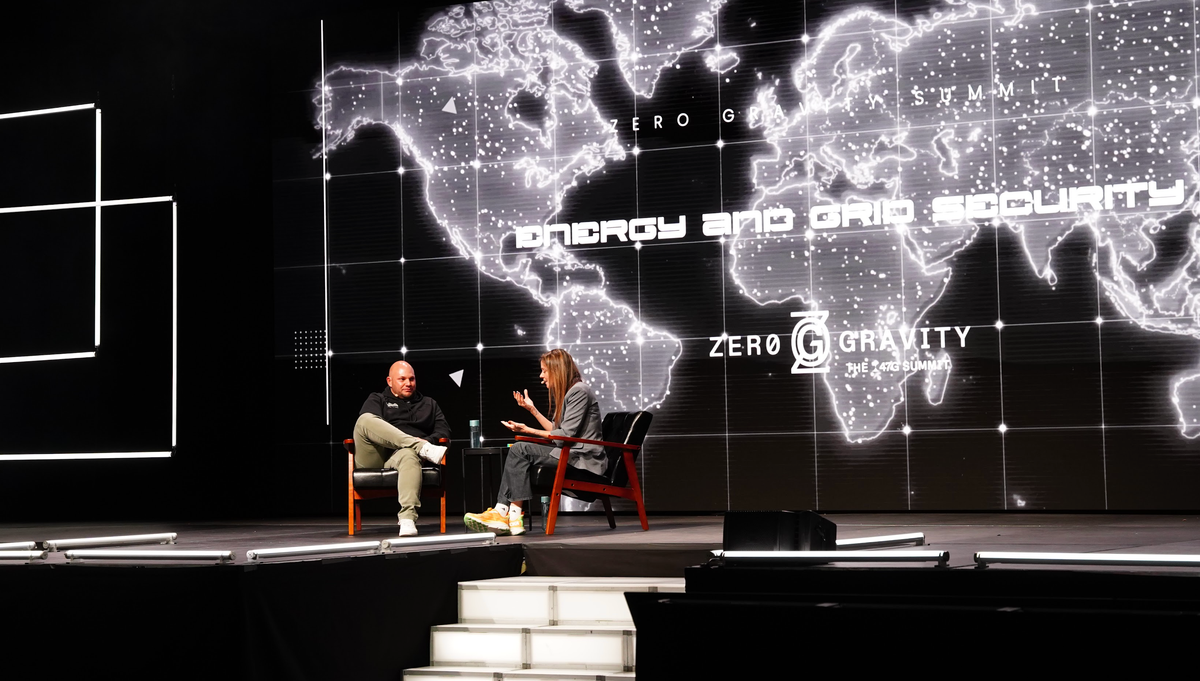

Salt Lake City, Utah — November 5, 2025
Insights on Leadership, Cybersecurity, and Energy Innovation from the Final Day Fireside Session at the 2025 Zero Gravity Summit
The final day of the 2025 Zero Gravity Summit brought together some of the brightest minds at the intersection of technology, national security, and energy. Onstage, Jen Easterly, former director of the Cybersecurity and Infrastructure Security Agency (CISA), and Nate Walkingshaw, co-founder and CEO of Torus, explored leadership, cybersecurity, and the future of energy in a world moving faster than ever.
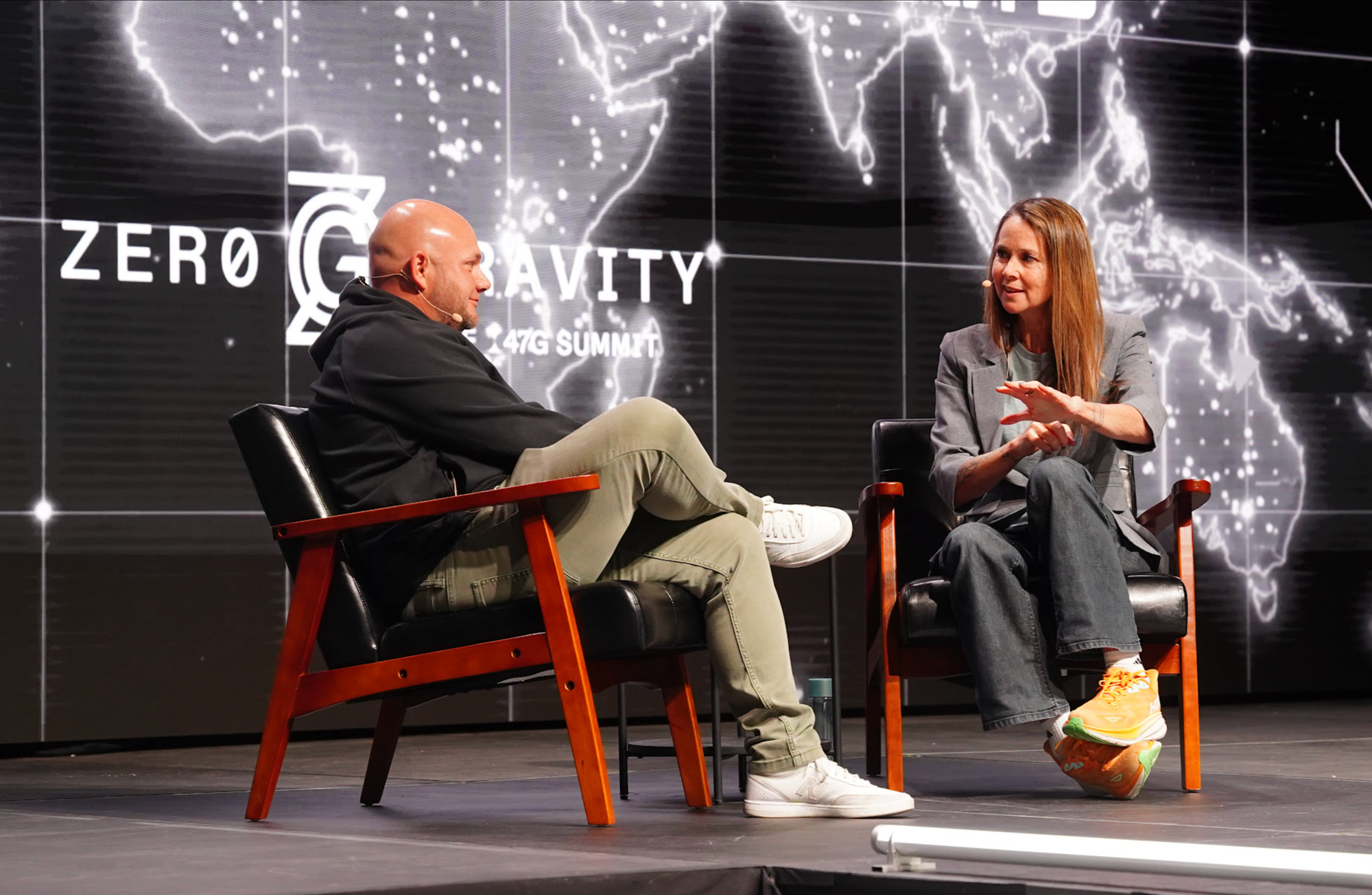
Easterly traced her fascination with technology and problem-solving to her early career, noting that tackling complex challenges shaped her path to CISA. Pointing to a tattoo on her arm inspired by ikigai, the Japanese philosophy of purpose, she explained that purpose, skill, societal need, and intrinsic reward intersect to guide her work: “You want everybody to wake up excited about what they do, to feel empowered and taken care of by their leaders, but also to know that their work makes a tangible impact every day for America.”
Easterly spoke candidly about one of the most difficult chapters of her public service: reforming U.S. hostage policy after the murder of American journalist James Foley, kidnapped and killed by ISIS in Syria in 2014. The tragedy exposed painful gaps in the government’s approach to hostage recovery and family support. “We owed those families better,” she said. Easterly led efforts to overhaul the process, establishing clear accountability and coordinated communication between agencies and victims’ families. “It was about restoring trust,” she reflected, “and not just talking about values, but acting on them when it matters most.”
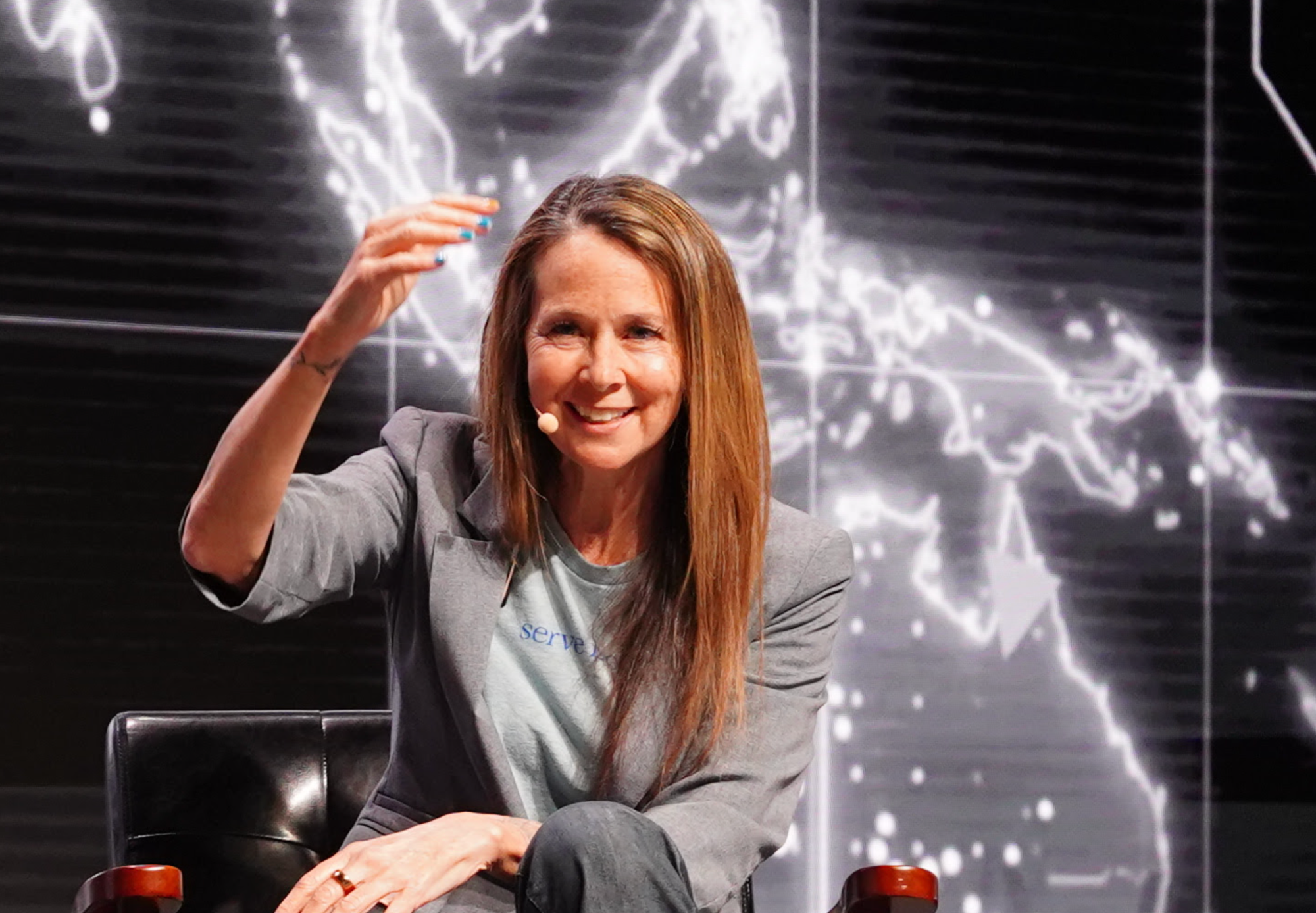
Easterly returned to lessons from West Point, where she learned the importance of moral courage in leadership. “Fear can distort judgment and narrow imagination, but true leadership is choosing the harder right over the easier wrong.”
For Walkingshaw, leading Torus offered a different lens on leadership and culture. He said Torus’ success depends on empathetic, customer-focused teams. The Utah-based full-stack energy platform is pioneering distributed energy with hybrid inertia-battery systems capable of millisecond responses and 99.9% uptime. “We’re building the world’s first distributed utility — small inertial power plants that deliver grid-scale performance at the edge,” he said, noting deployments exceeding 1 GW across multiple states.
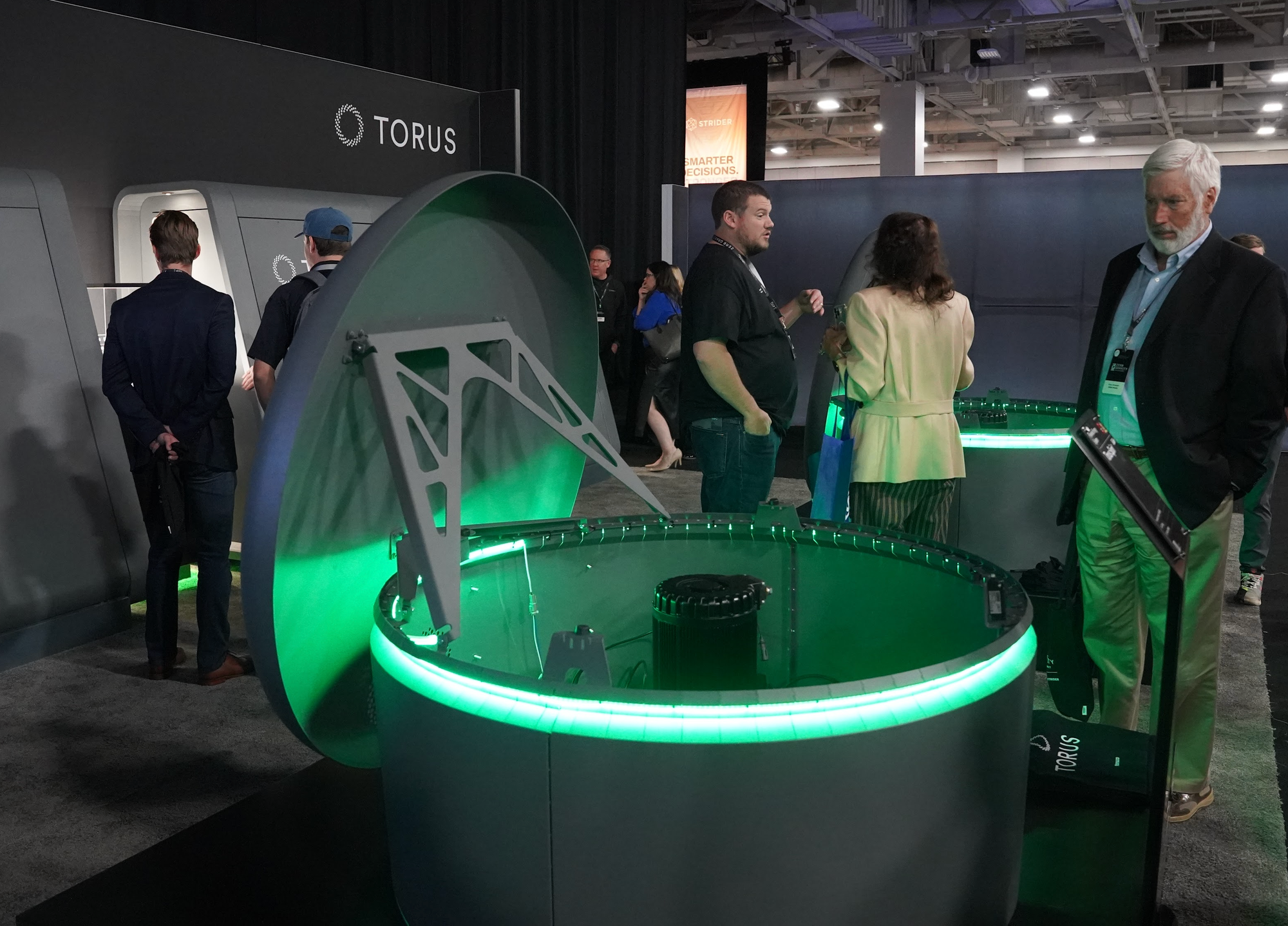
At the heart of both cybersecurity and energy innovation, Easterly and Walkingshaw agreed, lies culture. “Culture eats strategy for breakfast,” Easterly said. “No one wakes up thinking, ‘How can I fail today?’ Leadership is about unlocking potential — creating a culture where people feel safe, respected, and inspired to do their best work.” Walkingshaw echoed this sentiment: “You can have the best tech stack and the smartest engineers in the world, but if the culture’s off, you’ll never deliver what customers actually need. The customer breaks the tie — they’re the reason we exist.”
Easterly reflected on her time at CISA, where she built partnerships across industry, federal and state agencies, and nonprofits. “People don’t trust the federal government; they trust people. If the government isn’t adding value, we might as well go away,” she said. Her provocative view on cybersecurity reframed the problem: “We don’t have a cybersecurity problem. We have a software quality problem… Vendors have been allowed to deliver insecure software for decades.” She positioned AI as a potential solution for secure coding and modernizing legacy systems, while warning, “Move fast and break things is catastrophic. Move fast and build things is possible if you have the right people and leadership.”
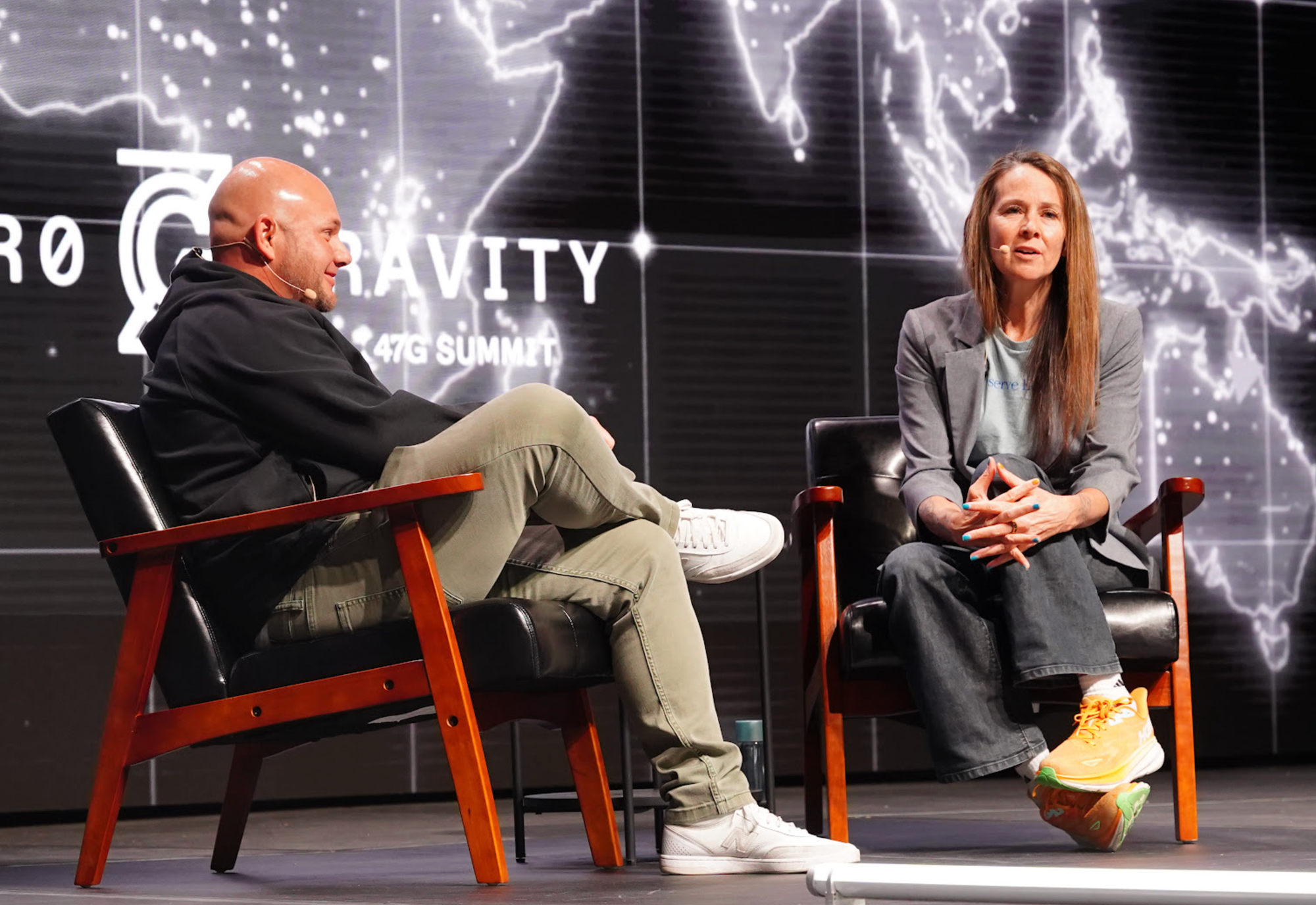
Walkingshaw stressed that security is cultural as well as technical: “For startups burning venture capital, there’s constant pressure to move fast. Embedding security by design requires a mindset shift — in schools, in companies, and in public-private collaboration.” Torus’ hybrid energy systems reflect this ethos, delivering reliability and resilience for utilities, industrial operations, and data centers.
Utah itself amplifies these efforts. With 20% of the workforce in aerospace, defense, or advanced manufacturing, the state is “a nexus for public-private collaboration,” according to Easterly. Walkingshaw highlighted Torus’ rapid scale, from a 40,000-square-foot facility producing 400 MW annually to a 540,000-square-foot GigaOne campus designed to reach over 1 GW per quarter. “Energy is the foundation of everything: computing, manufacturing, defense, even cybersecurity… We’re not just building power plants; we’re building reliability, resilience, and the capacity for innovation,” he stated.
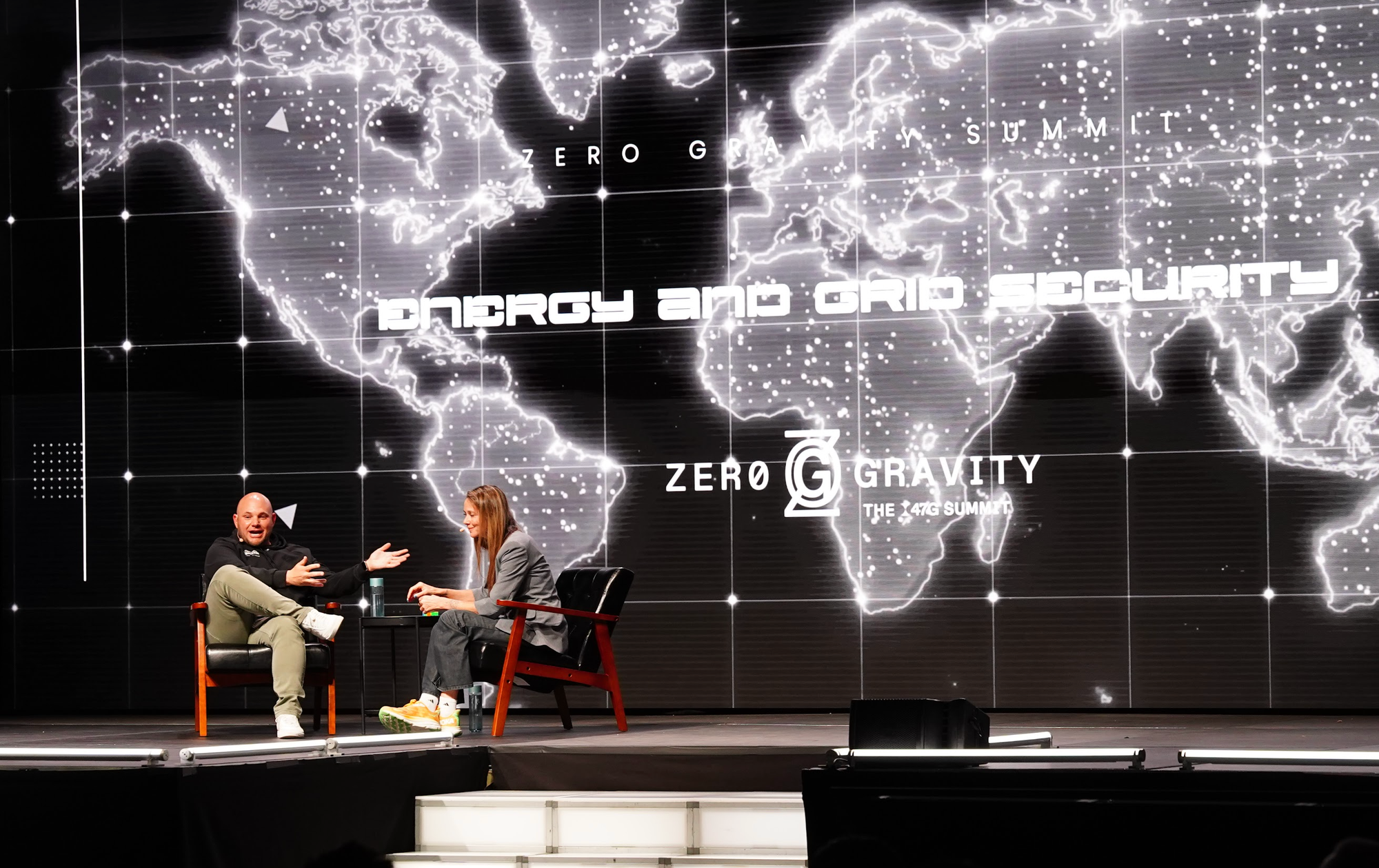
Easterly praised Torus as a model for the kind of collaboration she championed at CISA — redefining energy resilience while demonstrating the power of imagination, trust, and technical excellence. She tied that spirit to moral courage: “Fear can be weaponized, but courage can be contagious.” Walkingshaw agreed: “You can’t defend what you don’t dare to dream. Technology, energy, and cybersecurity are inseparable. We need leaders willing to imagine what’s possible and deliver it with precision, resilience, and ethical grounding.”
Easterly concluded by highlighting Utah’s unique role in innovation and national security, calling the state “a model for the rest of the country.” She praised its foundation in “values, service, and trusted partnerships,” and said regional innovation hubs like Utah not only strengthen local economies but also serve as prototypes for scaling solutions vital to national infrastructure, cybersecurity, and energy systems.
The conversation left a clear message: the future of America’s infrastructure, technology, and energy depends as much on courage, collaboration, and imagination as it does on hardware and software — and Utah is leading the way.
Learn more at zerogravitysummit.com


